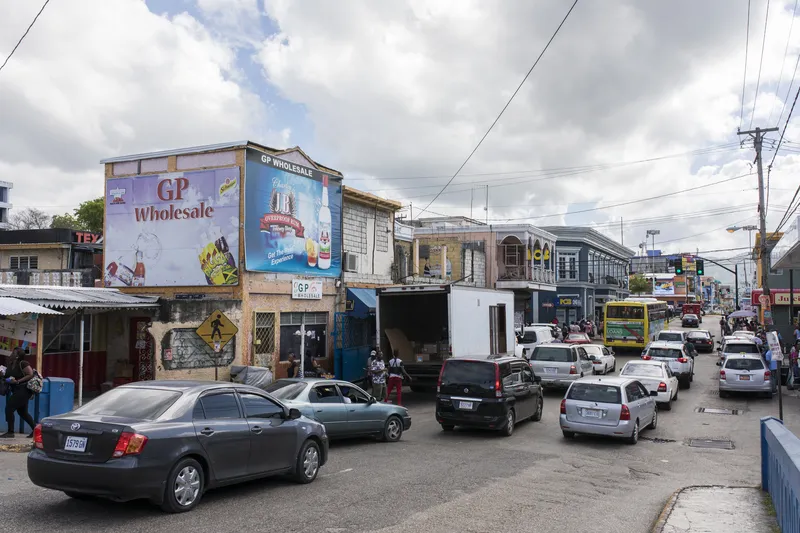
Flow Labs, a transportation software technology provider, has announced a partnership with AirSage, a provider of population movement data in the US.
Flow Labs said that the alliance will bolster its vulnerable road user safety data, providing the platform with some of the most extensive location-based service (LBS) information available. This includes comprehensive population analytics, movement patterns and safety insights for protecting pedestrians, bicycles and more.
Traffic engineers have traditionally struggled to gather and integrate pedestrian safety data from various and often flawed sources, making it extremely difficult to understand pedestrian behaviour and risk factors around roadways.
The Flow Labs platform streamlines this entire process by using artificial intelligence to integrate LBS data and pedestrian push-button data with connected vehicle (CV) data. This integration allows traffic engineers to access a wealth of information to identify high-risk areas, to analyse pedestrian volume and to assess conflicts with vehicle movements.
“Vulnerable road user safety is a critical concern for traffic engineers and road agencies, and until now, they lacked the tools to identify problem areas effectively,” said Jatish Patel, chief executive and founder of Flow Labs.
“Our partnership with AirSage provides us with top-tier vulnerable road user location data, enabling the Flow Labs platform to accurately pinpoint high-risk safety areas for pedestrians and bicycles, ultimately helping agencies meet their safety goals.”
AirSage collects over 100 billion GPS data signals monthly from more than 200 million mobile devices. All is obtained with "opt-in" consent from users who have chosen to share location data.
“Our industry-leading mobility data has been trusted for more than 20 years so it is very well suited for this application,” said Jonathan Silverberg, chief technical officer and co-president of AirSage. “We are excited to see how our data can help all transportation planners and agencies make smarter, quicker decisions using the Flow Labs platform.”
Flow Labs' hardware-free platform takes a proactive approach to safety by detecting patterns, analysing trends that allow traffic engineers to implement preventive measures and prioritising resources effectively across entire regions. The company said that this process accelerates pedestrian safety studies by months, enabling agencies to quickly and accurately identify and address the highest risk areas across their roadways.
“We need to move beyond flawed and outdated safety data collection methods to protect lives,” Patel said. “By integrating AirSage’s data into our other streams, we now have the most advanced tools to identify problem areas for vulnerable road users, so traffic managers can implement solutions to prevent crashes before they occur.”










